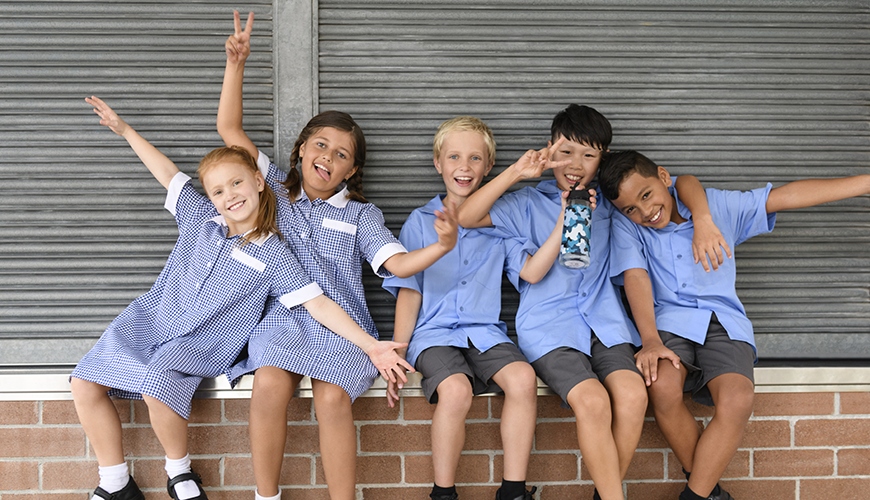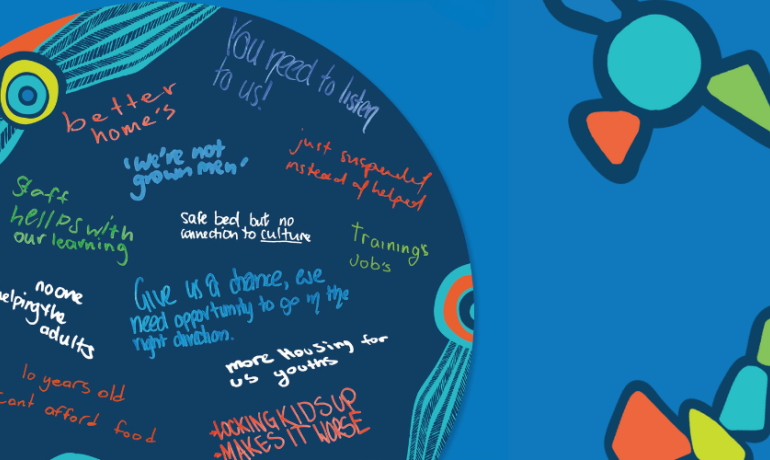Children's Rights
Help us make sure that children and young people have a genuine say on the issues that affect their lives.

Meet the Commissioner
Anne Hollonds
Anne Hollonds commenced as National Children’s Commissioner in November 2020.
The most important part of this job is listening to Australia’s children and young people about your needs and experiences so that I can inform the decision-makers and hold them accountable for policy and service system reforms based on evidence.
For the previous 23 years I was Chief Executive of government and non-government organisations focused on research, policy and practice in child and family wellbeing, including as Director of the Australian Institute of Family Studies. Before that I worked extensively in frontline practice as a psychologist and social worker.
As National Children’s Commissioner I also contribute to numerous expert advisory groups for governments, research projects and non-government organisations.





